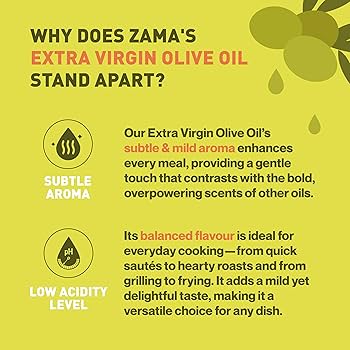
Are Seed and Vegetable Oils “Toxic”? Disentangling Myth from Reality
From popular TikTok clips to top-selling wellness books, vegetable oils—or more accurately, seed oils—are inciting lively discussions. Some figures in the health community label them as “toxic sludge” or “the leading cause of chronic illness that remains unnoticed,” while conventional nutritionists argue they are safe, or even beneficial for heart health.
So, is there truth to the claim that seed oils are toxic, or is this merely another food scare ignited by the sensationalism of social media? Let’s explore the science to ascertain the position of vegetable oils within the health landscape.
What Constitutes Vegetable (Seed) Oils?
Vegetable oils are primarily derived from the seeds of various plants. Common examples of these oils include:
- Canola oil (from rapeseed)
- Soybean oil
- Corn oil
- Sunflower oil
- Safflower oil
- Grapeseed oil
- Sesame oil
It’s important to note that oils such as olive, avocado, coconut, and palm oils are technically classified as fruit oils, not seed oils, which is why health professionals generally categorize them differently.
How Are Vegetable Oils Produced?
Unlike olives or avocados, many seeds produce very limited amounts of natural oil. Consequently, the extraction of vegetable oil typically requires significant processing:
- Crushing: Seeds are mechanically pressed to extract the oil.
- Solvent Extraction: Often a solvent like hexane is utilized to extract residual oil from the crushed seeds.
- Heating and Refining: High temperatures (approximately 400°F / 204°C) are applied to deodorize and bleach the oil, eliminating odors and impurities.
This processing may strip away antioxidants and polyphenols, and can potentially generate trace levels of trans fats—substances widely acknowledged as detrimental to health. Indeed, trans fats have been prohibited in the U.S. since 2018 in processed foods due to their link with cardiovascular issues.
Are All Vegetable Oils the Same?
No. Just as not all carbohydrates or fats are created equal, the same applies to vegetable oils regarding processing and their impact on health.
Here’s how they compare:
- Cold/expeller-pressed oils: These minimally refined oils preserve more nutrients and have fewer hazardous compounds.
- Refined oils: These undergo higher levels of heat and chemical processes, resulting in fewer beneficial nutrients and higher levels of fats prone to oxidation.
- High-oleic oils: Varieties like high-oleic sunflower and safflower oils are developed to be richer in monounsaturated fats, offering enhanced stability and health advantages over traditional types.
The Core of the Debate: Polyunsaturated vs Saturated Fats
The heart of this debate revolves around the types of fats present in vegetable oils—primarily polyunsaturated fatty acids (PUFAs), including omega-6s. Detractors argue that an overabundance of omega-6s can lead to inflammation, while proponents cite research indicating that substituting saturated fats (like butter) with vegetable oils may diminish the risk of heart disease.
Let’s dissect the facts:
🔬 What Does the Science Reveal:
- Numerous studies have demonstrated that polyunsaturated fats (PUFAs), including those found in seed oils, can lower LDL (bad) cholesterol and decrease the likelihood of heart disease.1
- However, highly processed seed oils that lack antioxidants may contribute to oxidative stress and inflammation, particularly when consumed in excess from ultra-processed foods.2
- On the other hand, saturated fats found in butter can elevate LDL cholesterol and, in significant amounts, may raise the risk of heart disease—especially when replacing healthier fats in the diet.3
Seed Oils vs. Common Alternatives: Direct Comparisons
Extra Virgin Olive Oil (EVOO) vs. Expeller-Pressed Canola Oil
- EVOO: Rich in monounsaturated fats and polyphenols. Documented advantages include lowering the risk of heart disease, specific cancers,